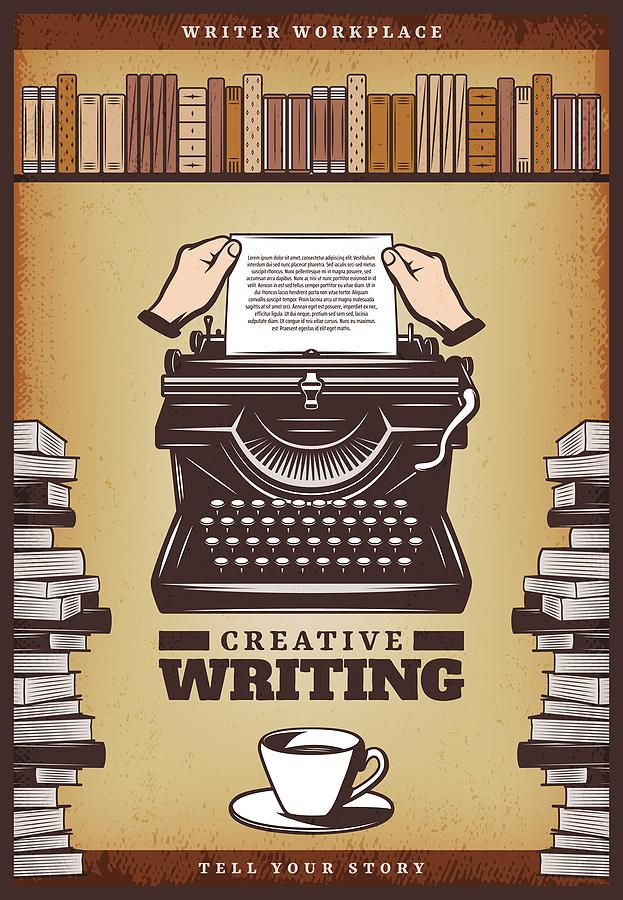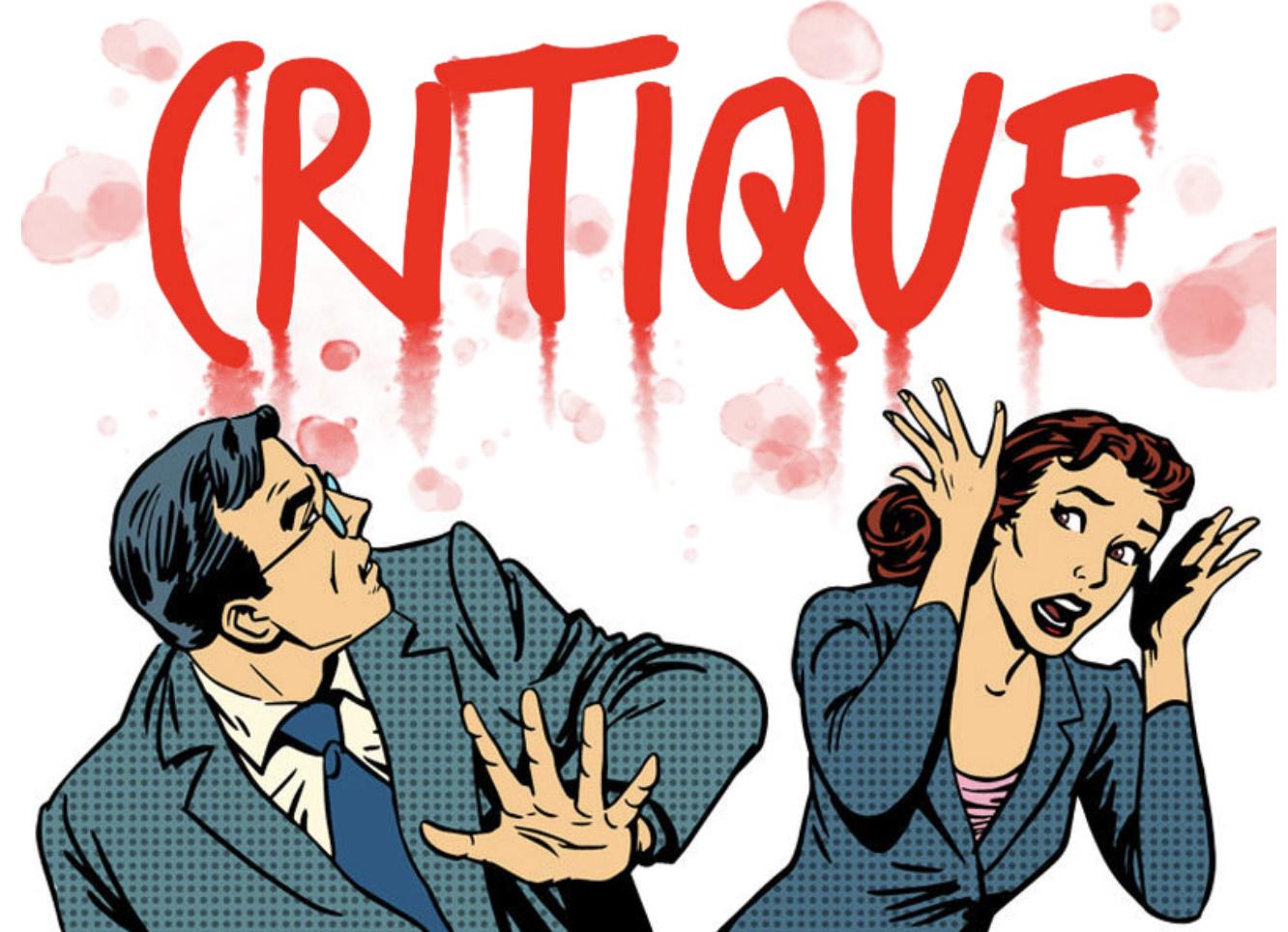
5 minute read
The 7 Most Important Lessons I Learned at Writing Conferences
By: Randy Overbeck
In every author interview I’ve given, one question invariably comes up: “What suggestions do you have for new and aspiring writers?”
Advertisement
I could offer speciSic and concrete recommendations, like write every day or commit to 1000’s of words daily, I choose to go a different route. My Sirst suggestion is always the same: Attend a writers’ conference.
There are so many beneSits to this experience. I’ve never been able to lay them out in any author interview. So, for new and aspiring authors, as well as other writing colleagues, here are seven important lessons I’ve learned at writing conferences.
1. We are alone, together.
Almost every author I’ve known talks about the solitary nature of writing, just the writer and the computer. Each writer may have a different setting for their work—their ofSice, a favorite café , a cubicle in the library—but each one talks about having to create and invent and write alone. It is a solitary, and often lonely, experience. That isolation can make a writer feel it is he or she against the world.
But attending a writers’ conference helps authors see their plight is not unique. Their anxieties and fears of failure and ridicule are shared by others, both new and experienced. When a writer, especially a new writer, participates in a writers’ conference, he or she discovers they are part of a literary community, a welcoming and supportive community, so they can be alone together.
2. Every author has rejections, even the great ones.
Rejection is an integral part of the life of a writer:
Your work is not what we’re looking for. Your manuscript does not Sit our agency. We don’t know how we would market your work.
Abstractly, every writer knows rejections are simply a part of growing as a writer, but who are we kidding? Rejections hurt. They can be debilitating, even cause a writer to question whether they can do this.
Another thing you learn at writing conferences is that rejections are part and parcel of all writers’ experiences, even famous, best-selling authors. Of course, this may not come as news to most aspiring writers, but to attend a writing conference and hear authors like Stephanie Evanovich or Ken Follett or William Kent Krueger or John Grisham share their personal stories of rejection and disappointment is a different experience. It makes the whole rejection thing visceral and real. Also, new writers can latch on to that.
If famous, well-known authors went through these rejections and came out the other side, then why can’t I?
3. The Importance of Networking
One major beneSit of participating in a writers’ conference is tapping into the network(s) of writers and professionals attending. Aspiring writers can connect with other more experienced authors in their genres who are happy to share some of the pitfalls and struggles they’ve encountered. New writers can gain new followers and others interested in their work. They may even connect with other writers willing and interested in reading and critiquing their work and giving feedback. At conferences, they can also gain access to marketing professionals and be able to tap their expertise and experience. I have attended several different writing conferences, and at every one, members of the literary community share resources and ideas freely.
4. Most famous, best-selling authors are real, friendly, and approachable.
I’ve been fortunate to meet and learn from quite a number of famous, best-selling authors. Names such as Anne Perry, C J Box, William Kent Krueger, Hank Phillipi Ryan, Andrew Gross, Stephanie Evanovich, and Ken Follett, come to mind.
As I’ve had a chance to talk with each of these literary luminaries, I’ve been surprised at just how human and approachable they have been. To a person, I have found them ready to answer my personal questions and are willing to help, if they can.
I can still remember how thrilled I was when Ken Follett took time to ask me about my writing decisions in setting my Haunted Shores Mysteries in the late 90’s—tales I was crafting when I met him. I can still recall my conversation with Anne Perry about her suggestions for writing Historical Siction. I remember being blown away when both Hank Phillipi Ryan and William Kent Krueger agreed to write blurbs for the Sirst book in my series—and all I did was ask.
Writing conferences such Killer Nashville, Sleuthfest, Love is Murder, and Midwest Writers Workshop are the only way an emerging writer like me, from a small town in Ohio, would ever have had a chance to meet and learn from such literary greats, both in large conference sessions and small in-person conversations.
5. It’s okay to be weird.
Let’s face it, if you consider yourself a writer—someone who shuts him or herself up in a room for hours and invents characters, stories, and settings out of thin air—then one time or another, you’ve felt weird. You’d rather spend time with these characters you’ve created than with real Slesh-and-blood people. Come on. That’s a little weird. When you tell people you’re a writer, you often get that look right before they say something like, “Oh, really. That’s interesting.”
One thing you quickly discover at a writing conference is that you are not alone in your weirdness. In fact, at any writing conference, you will be surrounded by hundreds of people who are just as weird as you, maybe even more so. Most are nice and friendly and helpful, though some will not be. But very quickly, probably by the end of the Sirst day, you will learn there are plenty of weird people in the literary community, and you’re one of them. And that’s okay. Weird is the new cool, at least for writers.
I’ve beneSited almost as much from the criticism as from any kudos.
Of course, I don’t always agree with the criticism— that’s my prerogative—but even then, this critical feedback helps me see my words in a different light, and sometimes gives me an idea of where I could take my story that I wouldn’t have thought of before.
7. Nothing takes the place of persistence.

Striving to create the next Great American novel, or the next Dystopian Sci-Fi, to capture readers’ attention, or the next big Romance everyone is talking about, requires writers to travel a long and winding road—to borrow a phrase from the Beatles. Along this road, writers will encounter road blocks, delays, construction, detours, and enough frustration to make the weak-kneed want to collapse. (Forgive the mixed metaphor.) People tell writers they’ll never make it. Editors turn down manuscripts. Agents won’t return emails.
Writers, especially new writers, have to believe in themselves, be willing to continue to work on their craft—often in the midst of staunch criticism—and put in the long hours and days and weeks and months, and even years, it takes to make their work as good as possible. In other words, they have to be persistent.
6. Critiques of your work are helpful—even if you don’t like what you hear.

Most writers’ conferences offer avenues for writers to receive critiques and feedback on WIP (work in progress). The ability to receive honest, impartial feedback on WIPs, usually for a small cost, from agents, publishers, and experienced writers is one more great beneSit of attending a writing conference. Of course, we writers don’t always like what we hear, but even those comments can help us grow as authors.
I have utilized these services at conferences several times, with mixed results; mixed in the sense that sometimes my WIP was well received, and other times my work was soundly criticized. Even though I always want to hear my writing is incredible—“This is the next great American novel!”—I have to admit
At writing conferences, new writers will Sind colleagues who are at all stages of this journey. They will be able to learn from long-published authors what they did to accomplish this, and how long their journey took. With other emerging writers, they can discuss how they can keep their focus in the face of a hundred distractions and detours. They will be inspired by other authors’ long, hard-fought efforts to persevere.
New writers can gain all this - and so much more at writing conferences.


